Showing 37–48 of 195 results
-
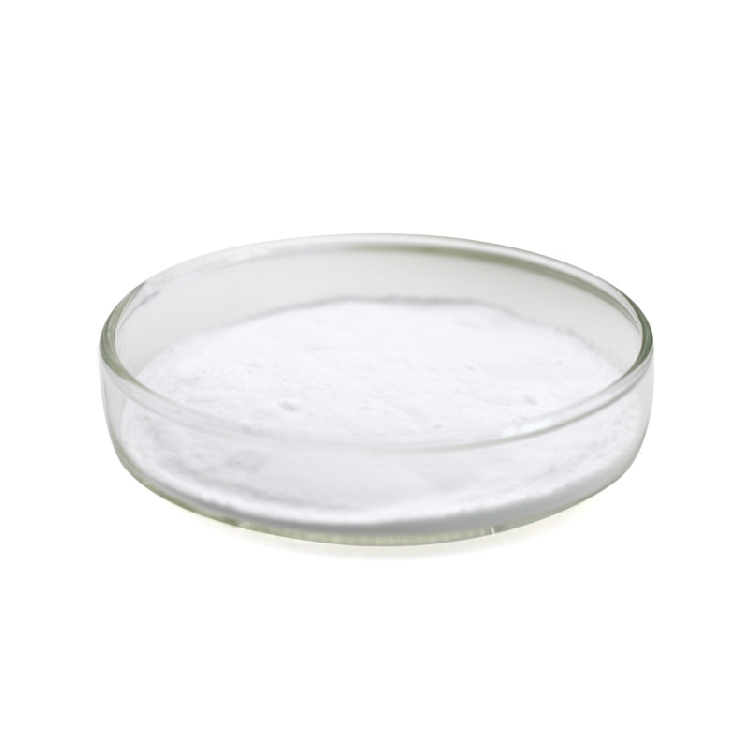
- High Thermal Conductivity: Excellent ability to dissipate heat, ideal for high-temperature applications.
- Electrical Insulation: Acts as an efficient insulator while maintaining high thermal conductivity.
- Chemical Stability: Resistant to chemical corrosion, oxidation, and high-temperature degradation.
- Lubrication Properties: Provides natural lubrication in extreme environments, reducing friction and wear.
- Customizable Particle Size: Available in various sizes, tailored for specific applications.
-
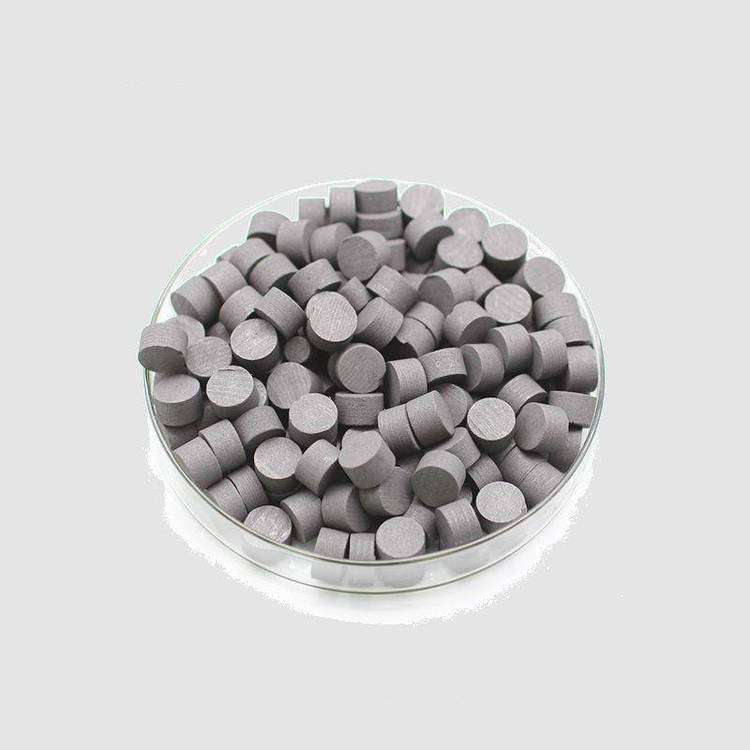
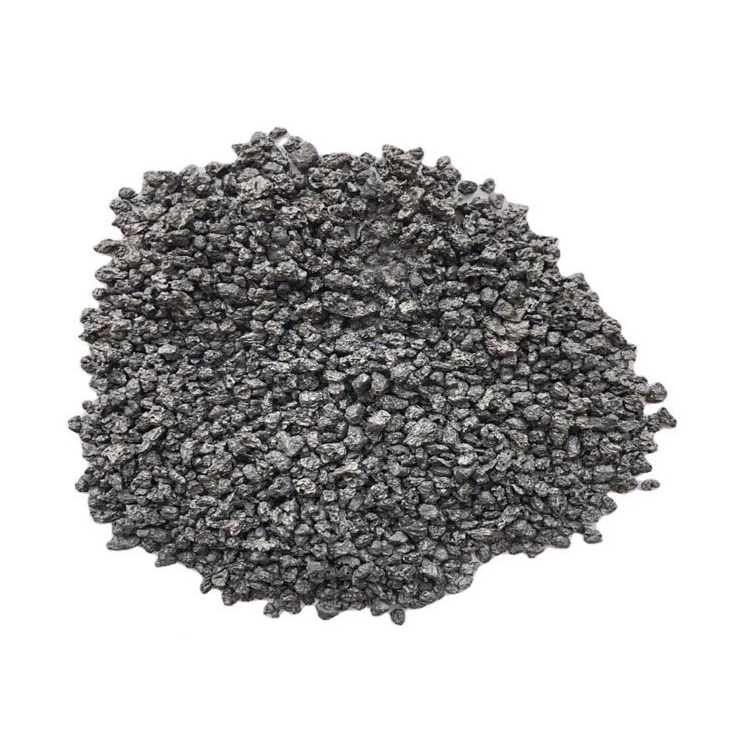
- High Hardness: Carbon, especially in its diamond-like form, is extremely hard and wear-resistant, making it suitable for protective coatings.
- High Melting Point: Sublimation point of carbon is around 3,650°C, allowing its use in high-temperature deposition processes.
- Good Electrical Conductivity: Carbon is conductive, making it suitable for electronic applications.
- Chemically Inert: Carbon’s chemical stability ensures it remains durable in corrosive environments, enhancing the lifespan of coated materials.
- Low Coefficient of Friction: Diamond-like carbon (DLC) films offer excellent lubricity and are used to reduce wear in mechanical systems.
-
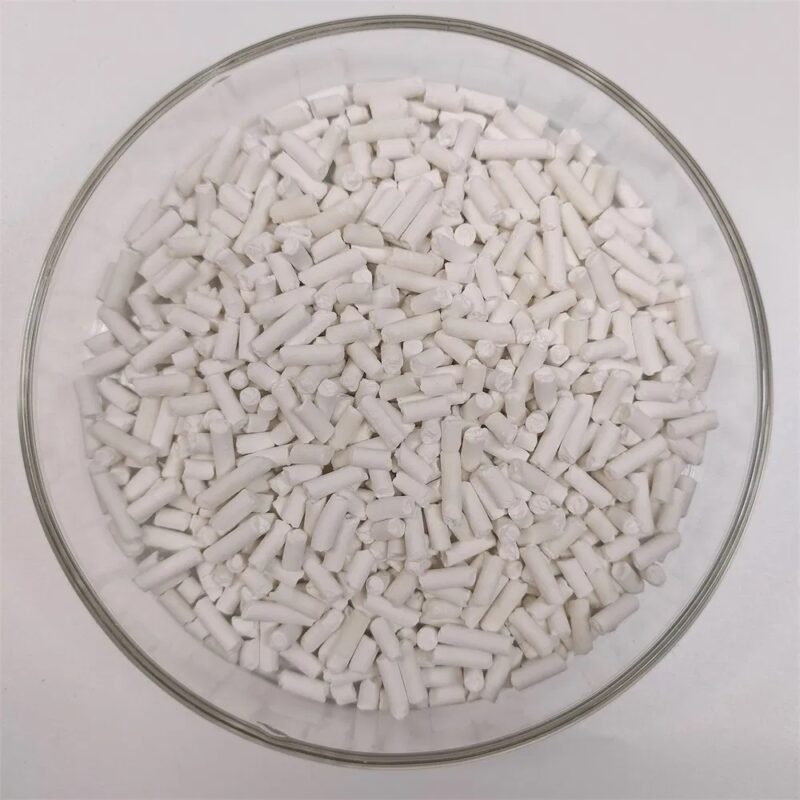
- High Reactivity: Calcium easily reacts with oxygen and nitrogen, making it ideal for certain oxidation-controlled processes.
- High Purity: Available in high-purity forms (≥ 99.9%), ensuring minimal impurities in thin film coatings.
- Good Evaporation Characteristics: Calcium has a relatively low evaporation temperature (842°C), allowing efficient deposition in vacuum environments.
- Versatile Applications: Calcium can be used for coatings that require lightweight, high-performance films in various high-tech applications.
-
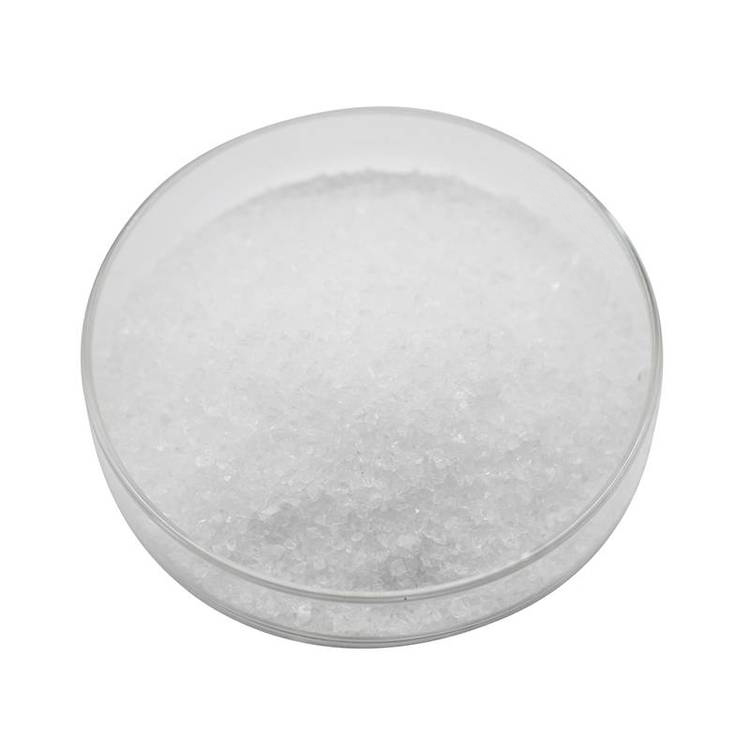
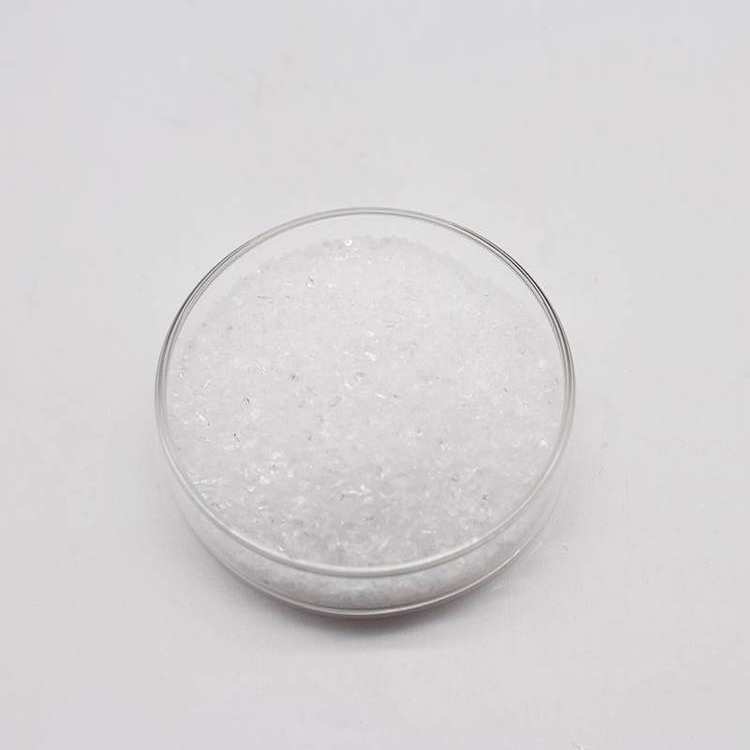
- Broad Transparency Range: CaF₂ has excellent transmission from the UV (below 200 nm) to the IR (~10 µm) range, which makes it ideal for a wide variety of optical applications.
- Low Refractive Index: The material has a relatively low refractive index (~1.43), which minimizes Fresnel reflection losses and is useful in anti-reflective coatings.
- High Thermal Stability: CaF₂ can withstand high temperatures during evaporation, ensuring the stability of the material during thin-film deposition processes.
- Chemical Resistance: Calcium fluoride is chemically inert, offering durability and resistance to environmental degradation.
- Low Absorption: Its low absorption makes it suitable for high-power laser applications, especially in the UV region.
-
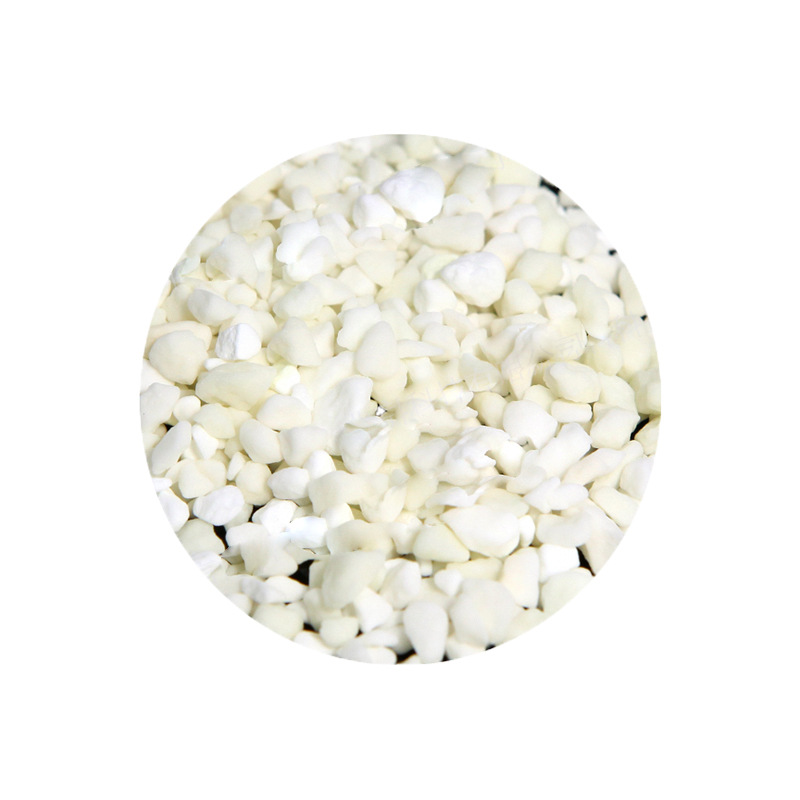
- High Melting Point: CaO has a melting point of around 2572°C, making it ideal for applications requiring heat resistance.
- Thermal Stability: The material offers excellent performance in high-temperature environments, making it suitable for industrial and aerospace uses.
- Good Optical Properties: CaO is transparent over a broad spectrum, from UV to visible light, which makes it useful in various optical applications.
- Chemical Stability: CaO thin films offer strong resistance to corrosion, enhancing the longevity of coatings in harsh environments.
- High Density: The material has a density of about 3.34 g/cm³, providing robustness in thin-film applications.
-
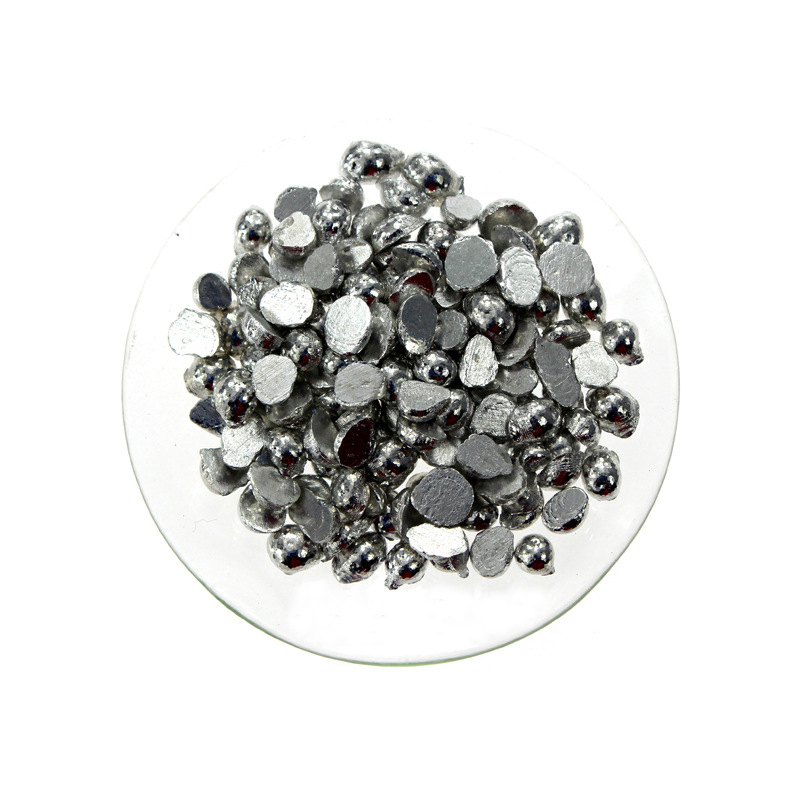
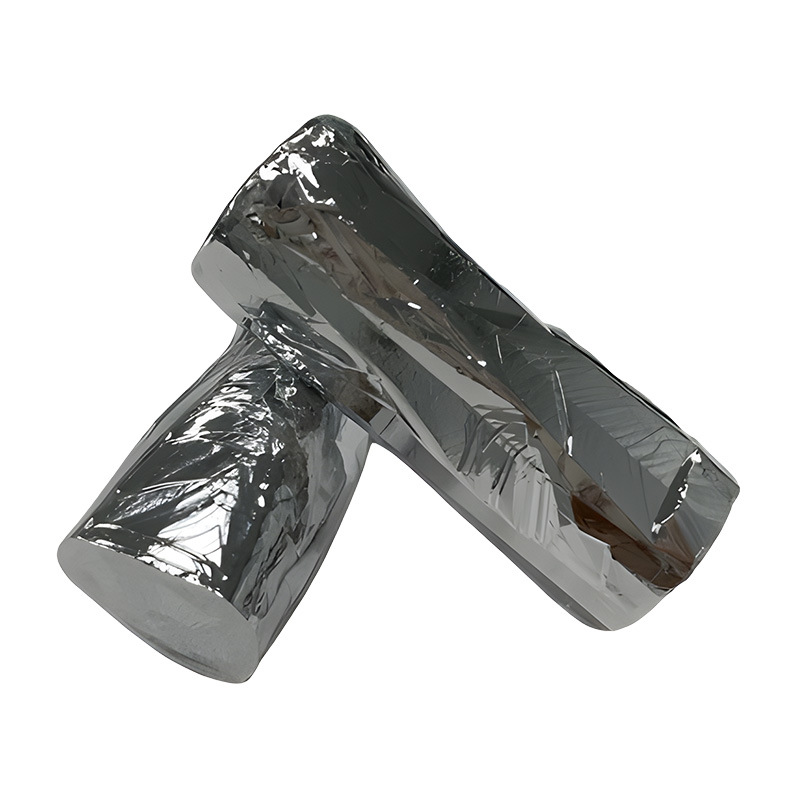
- High Purity: Cadmium pellets are typically available with purity levels of 99.9% or higher, ensuring the creation of defect-free, high-quality thin films.
- Low Melting Point: Cadmium has a relatively low melting point, making it easy to evaporate in deposition processes.
- Electrical Properties: Cadmium’s electrical conductivity and ability to form alloys make it valuable in semiconductor and electronic applications.
- Optical Properties: Cadmium thin films are used in optical devices due to their favorable reflective and refractive properties in certain wavelengths, especially in the IR and visible regions.
- Corrosion Resistance: Cadmium coatings offer protection from corrosion, especially in aerospace and marine equipment, by serving as a sacrificial layer to protect underlying materials.
-
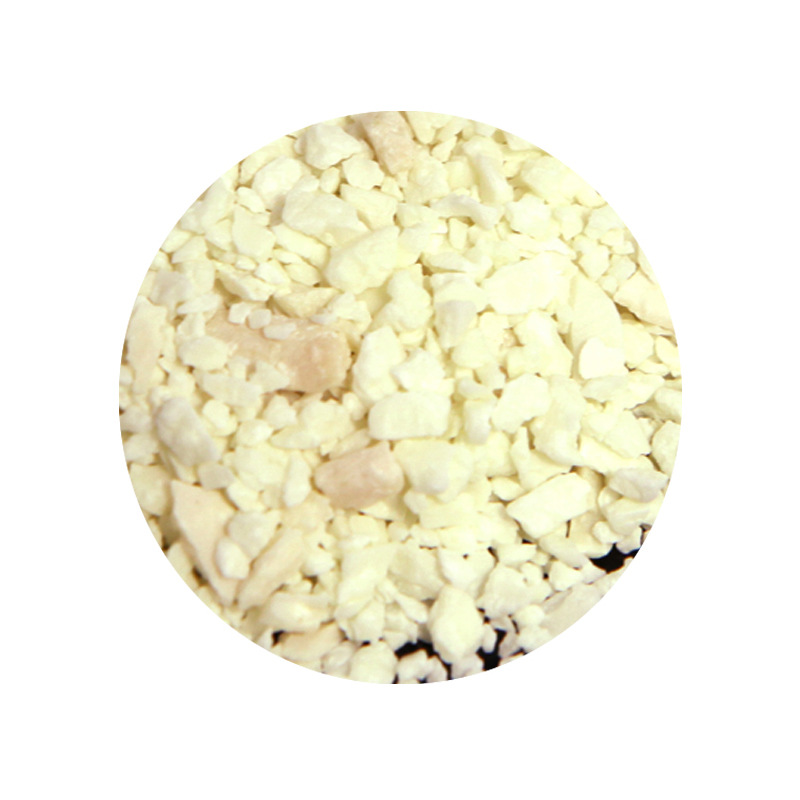
- High Transparency: CeO₂ offers excellent transparency in both the UV and visible spectral ranges, making it suitable for various optical applications.
- Thermal Stability: It has a high melting point and thermal stability, allowing it to perform well in high-temperature environments.
- Oxidation Resistance: CeO₂ exhibits exceptional resistance to oxidation, which enhances the durability of coatings in oxidative environments.
- Chemical Inertness: CeO₂ films are chemically stable and resistant to many corrosive environments, ensuring long-lasting performance.
- Catalytic Properties: CeO₂ is valued for its oxygen storage and release capacity, which is beneficial in catalytic processes.
-
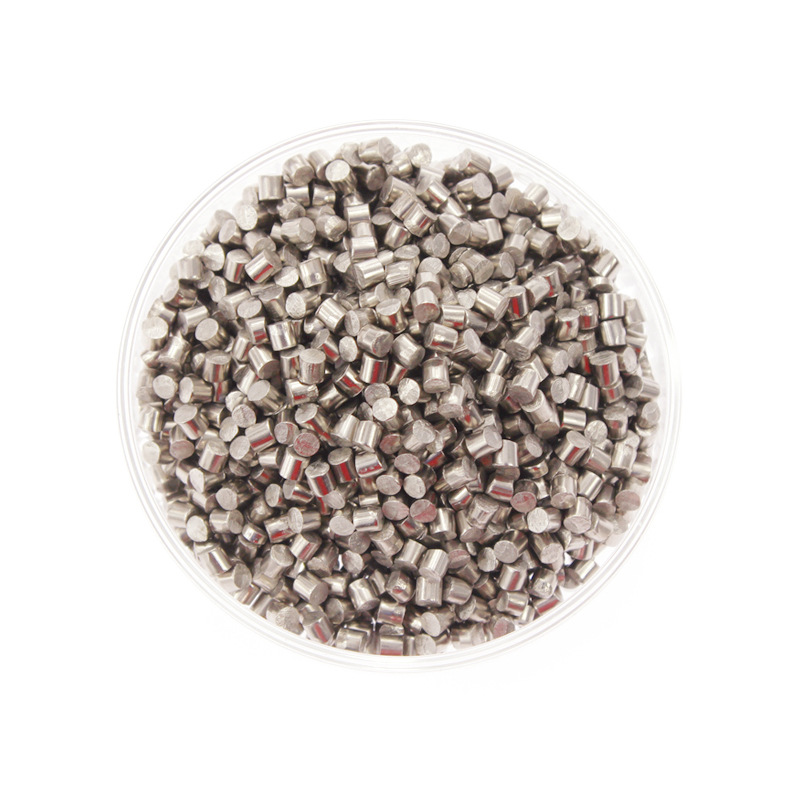
- High Magnetic Properties: Cobalt is known for its strong magnetic characteristics, making it suitable for magnetic thin films and data storage applications.
- Corrosion Resistance: Cobalt provides excellent resistance to oxidation and corrosion, particularly in harsh chemical or environmental conditions.
- High Melting Point: With a melting point of 1,495°C, cobalt is suitable for high-temperature applications, including aerospace and automotive industries.
- Wear Resistance: Cobalt thin films are highly resistant to wear and tear, making them ideal for protective coatings in demanding environments.
- Electrical Conductivity: Cobalt has good electrical conductivity, making it useful in microelectronics as a contact material or diffusion barrier.
-
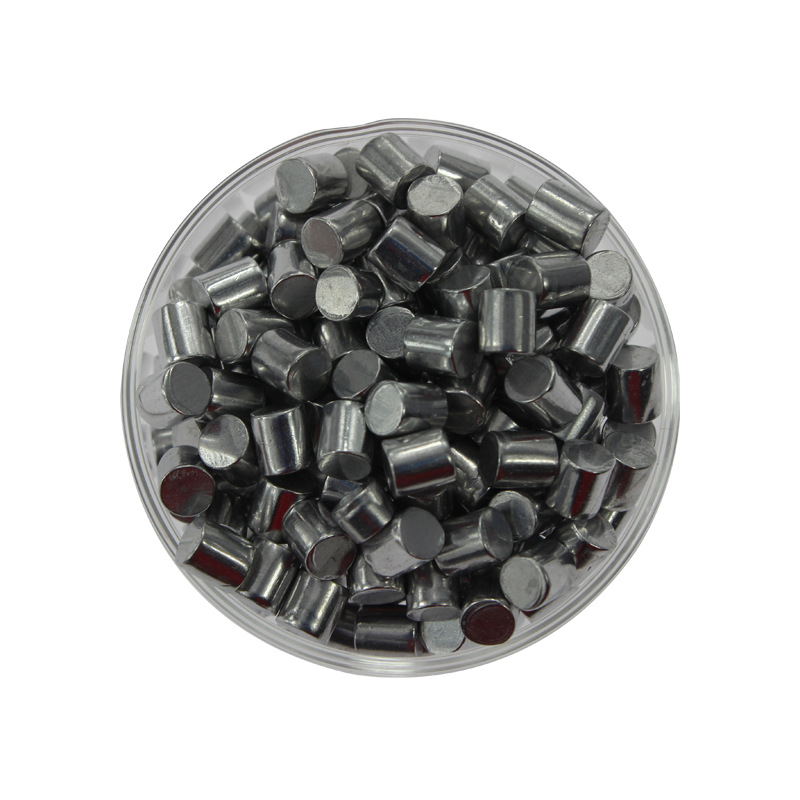
- High Strength: Provides excellent mechanical strength and stability at elevated temperatures.
- Corrosion Resistance: Resists oxidation and corrosion, enhancing the longevity of components.
- Wear Resistance: Ideal for applications requiring materials that can withstand high levels of wear and tear.
-
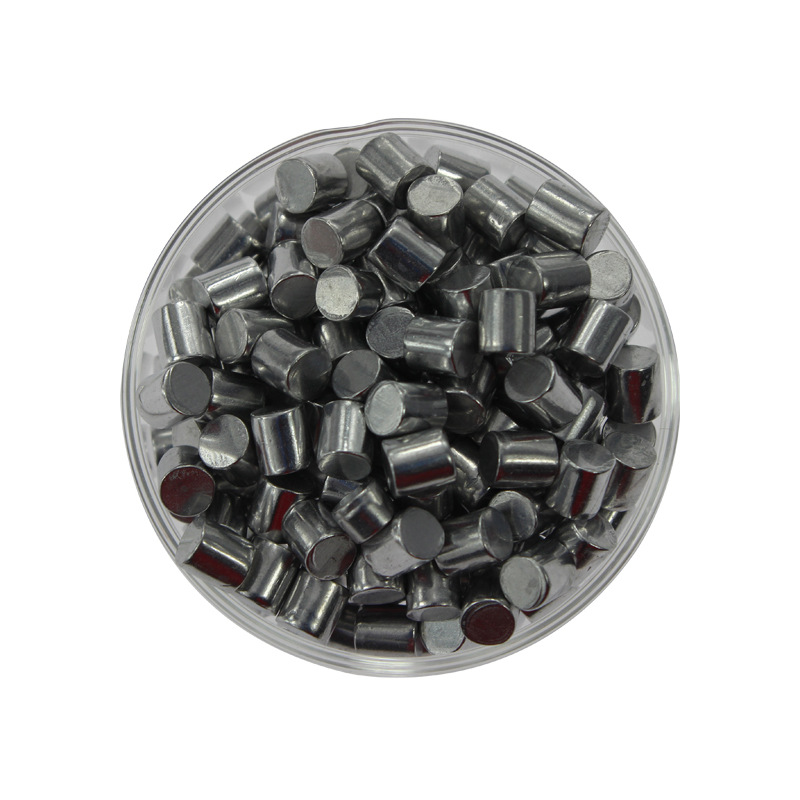
- High Magnetic Saturation: Offers strong magnetic performance, making it suitable for a range of electromagnetic applications.
- Durability: Provides good mechanical strength and resistance to wear and corrosion.
- Versatile: Can be used in various thin-film deposition techniques for diverse applications.
-
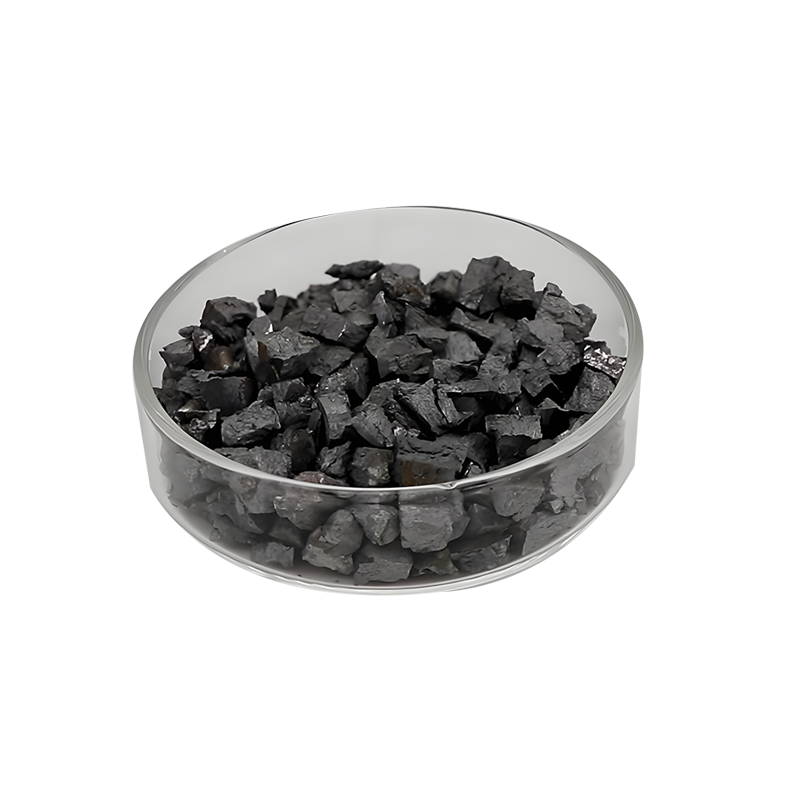
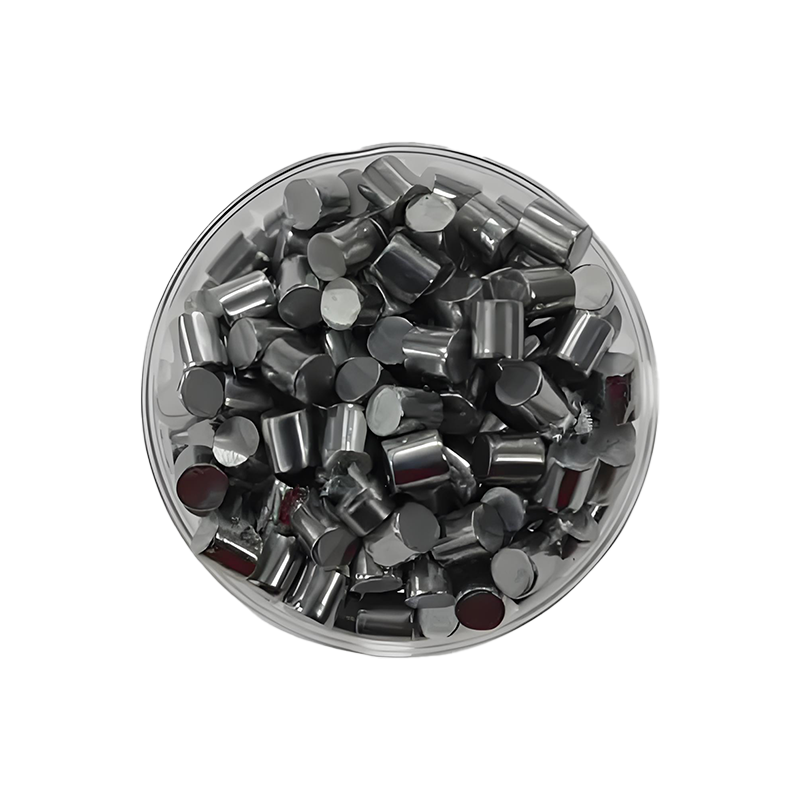
- Excellent Magnetic Properties: High saturation magnetization and low coercivity for efficient magnetic performance.
- Thermal Stability: Maintains magnetic properties under high-temperature conditions.
- Low Magnetostriction: Ensures minimal distortion in magnetic fields for precision applications.
- Customizable Composition: Available with tailored Co, Fe, and B ratios to meet specific needs.
- Versatile Particle Sizes: Suitable for nanometer to micrometer applications.
-
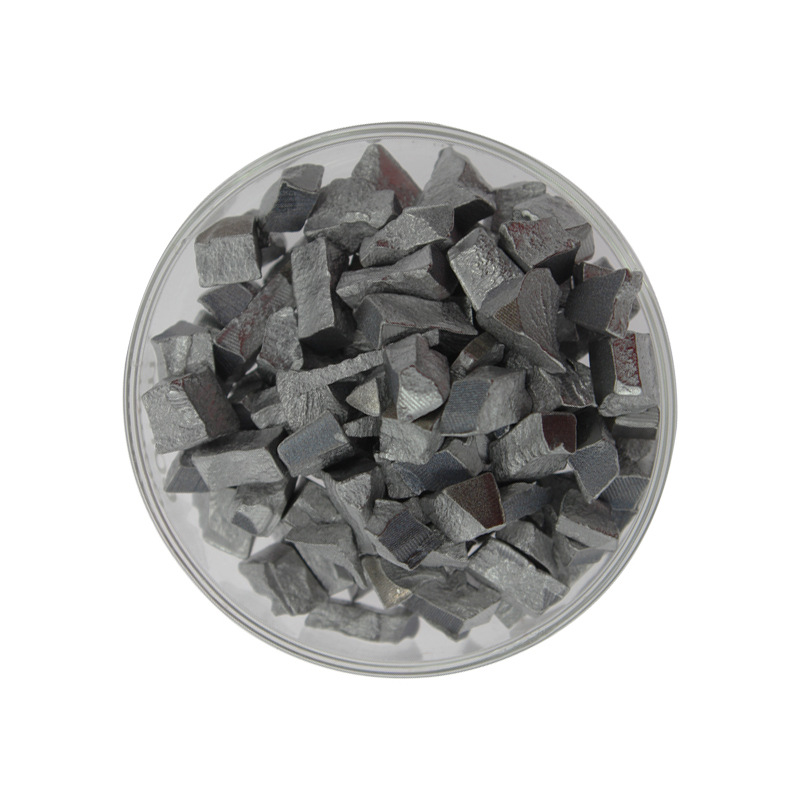
- Corrosion Resistance: The alloy exhibits excellent resistance to oxidation and corrosion, making it suitable for harsh environments.
- Magnetic Properties: Provides good magnetic performance, beneficial for various electromagnetic applications.
- Strength: High mechanical strength enhances durability and performance in demanding applications.
















